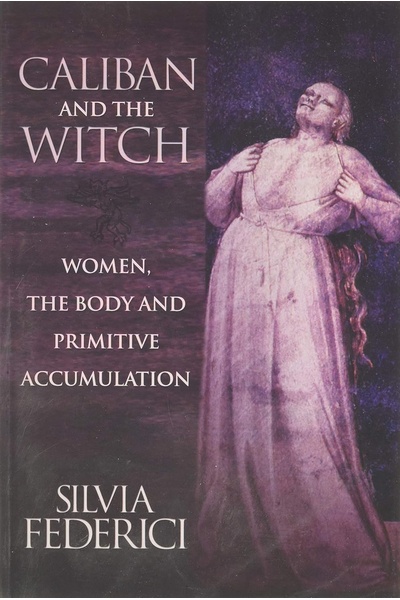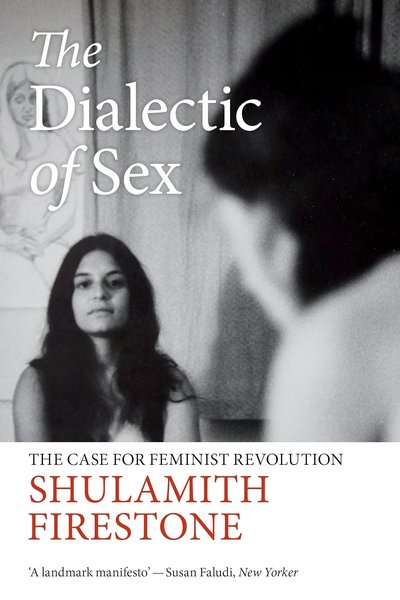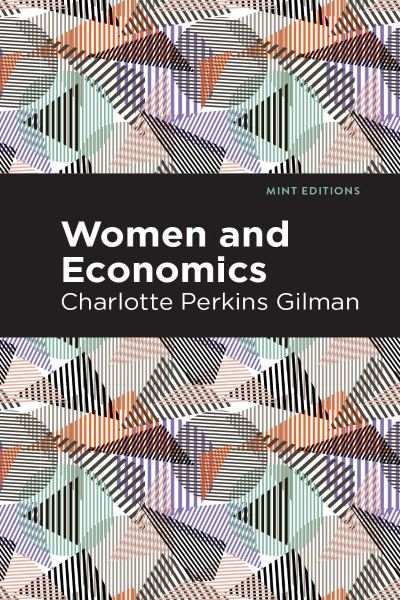Marxist Feminism
11 related content items found
📚 Books 4
📄 Papers 6
An Overview on the Feminism and Its Categories
This paper offers a comprehensive overview of feminism’s historical development, ideological foundations, and categorical variants. Mohajan traces the evolution of feminist thought from early movements to contemporary debates, highlighting key challenges and future directions for global gender justice.
Indexing alternatives: Feminist development studies and global political economy
This essay explores how feminism reconstructs development studies and global political economy analysis, proposing alternative theoretical frameworks for understanding the intersections of globalization, development, and gender. Ramamurthy critiques mainstream development discourse and advocates for analytical perspectives centered on social reproduction and women's agency.
Rethinking the Public Sphere: A Contribution to the Critique of Actually Existing Democracy
This groundbreaking 1990 essay provides a feminist critique of Habermas's theory of the public sphere. Fraser introduces the concept of 'subaltern counterpublics' to reveal the exclusionary nature of the bourgeois public sphere, arguing for the necessity of multiple publics and offering a new theoretical framework for understanding democratic participation and social justice.
The Feminist Standpoint: Developing the Ground for a Specifically Feminist Historical Materialism
This foundational chapter develops the concept of the feminist standpoint by integrating Marxist theory with feminist epistemology. Hartsock argues that women's experiences—particularly in domestic labor and social reproduction—offer a privileged epistemic position from which to critique dominant knowledge systems and capitalist structures.
The Traffic in Women: Notes on the 'Political Economy' of Sex
This paper proposes the groundbreaking concept of the 'sex/gender system' to analyze the social origins of women's oppression through a critical synthesis of Marxism, structural anthropology, and psychoanalytic theory.
Wages Against Housework
This classic Marxist feminist text reveals the truth of housework as central to capitalist relations of production. Federici argues that by naturalizing housework as women's 'labor of love,' capitalism obtains massive amounts of unpaid labor. Demanding wages for housework is not about institutionalizing this labor but about politicizing it, exposing capitalism's exploitation of women's labor.
Related Topics
Discover More Content
Explore more feminist-related topics and content




